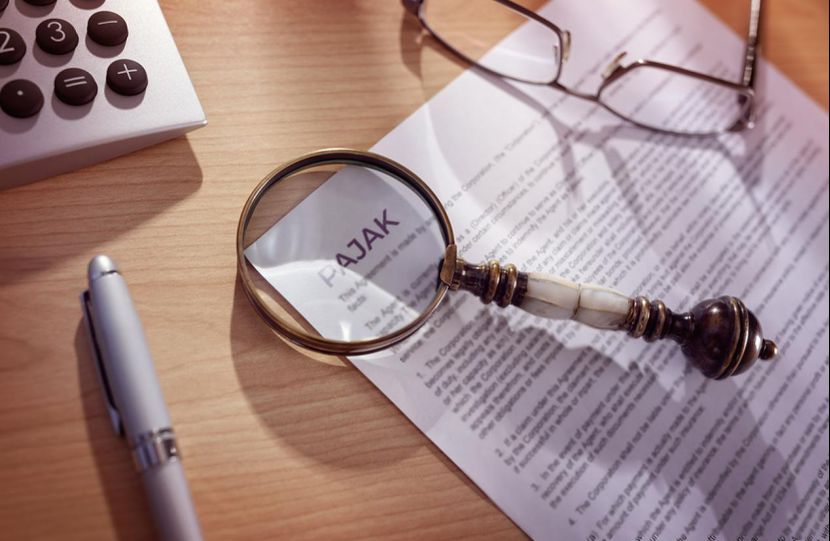Differences between central and local taxes in Indonesia

As most Indonesians know, tax is a mandatory contribution that is paid annually to the government through the Directorate General of Taxation (DJP). However, there are basically two different types of legal levies, namely central tax and local tax, which also have their own basic rules. Central taxes are those taxes which are levied, administered and determined by the central government in accordance with the tax laws.The DJP, under the leadership of the Finance Minister, is the body responsible for the collection of these central taxes. The following are the taxes included in the central taxes:Income tax (PPh), is a tax levied on income received or earned by an individual or corporate taxpayer during a taxable year, which can be derived from both domestic and foreign sources. Income tax for individual taxpayers usually covers wages, compensation, gratuities and profits from sales. Meanwhile, for corporate taxpayers, the scope of income tax includes profits, business profits, dividends, withholding tax, etc. PPh is specified in the Income Tax Act No. 36 of 2008, some of which has been amended in the Income Tax Act No. 36 of 2008. Value Added Tax (VAT) and Luxury Sales Tax (PPnBM), which are governed by the Law No. 42 of 2009 on Value Added Tax (VAT) and Sales Tax (PPnBM) on Luxury Goods. VAT is a tax levied on sales and purchase transactions of taxable goods and/or taxable services carried out by taxable entrepreneurs inside and outside the customs territory, while PPnBM is a tax levied on the delivery of taxable goods categorized as luxury goods. Stamp duty is a tax levied on documents and is regulated by Law No. 10 of 2020 on Stamp Duty. Documents that are subject to stamp duty include letters of agreement, notarial certificates, land deeds, securities, securities transaction documents, auction documents, documents with a nominal value of more than Rp 5,000,000.00, and other documents prescribed by government regulations. Land and Building Tax (PBB) is a tax levied on the use or ownership of land and/or buildings, and PBB is regulated by Law No. 12 of 1994 on Land and Building Tax PBB is basically a power of the central government, but in its realization, PBB revenues are transferred to the local government PBB is a tax of the central government, including plantations, forestry and mining.
A local tax is a mandatory contribution that a person or entity is legally obliged to pay to the region, without direct compensation, to meet the needs of the region. Local taxes are directly governed by Law No. 1 of 2022 on fiscal relations between the central government and local governments. Local taxes comprise a number of tax ranges, namely Provincial Taxes and County/Municipal Taxes, where Provincial Taxes include Motor Vehicle Taxes, Motor Vehicle Title Transfer Taxes, Motor Vehicle Fuel Taxes, Surface Water Taxes, Tobacco Taxes, Heavy Equipment Taxes, and Non-Metallic and Rock Mineral Taxes. County/municipal taxes, on the other hand, include urban and rural land and building taxes, land and building rights acquisition fees, certain goods and services taxes (hotel tax, entertainment tax, parking tax, restaurant tax, and street lighting tax), advertising tax, groundwater tax, non-metallic and rock mineral tax, bird's nest tax, motor vehicle tax, and motor vehicle title transfer fee.

